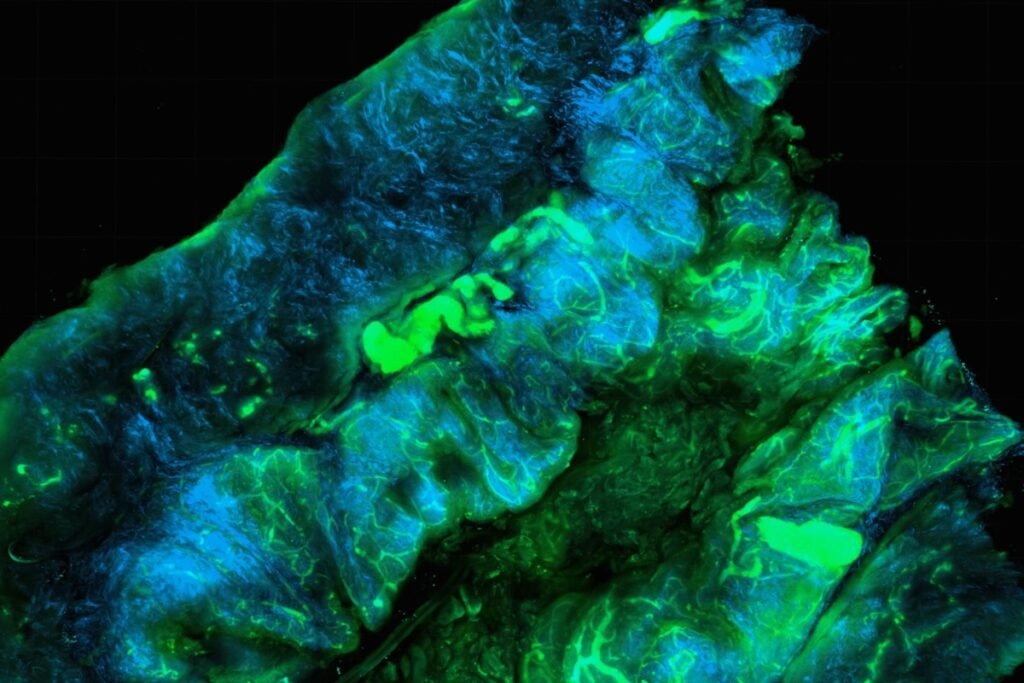ABSTRACT NUMBER – LBA5507
The MIRASOL trial, presented at ASCO on June 4, demonstrated a significant improvement in the primary outcome of progression-free survival (PFS) and indicated a survival benefit. MIRASOL is the confirmatory trial for ELAHERE, an antibody-drug conjugate (ADC) that targets the folate receptor alpha (FRα). ELAHERE received accelerated approval from the US Food and Drug Administration in November 2022 for patients who have undergone one to three prior lines of therapy based on the overall response rate (ORR) data obtained from the Phase III SORAYA trial. The primary objective of this trial is to evaluate PFS as assessed by the investigators. Noteworthy secondary endpoints include ORR and overall survival (OS). The presentation followed the announcement of the MIRASOL data in May, with ImmunoGen describing the results as highly successful.
Total 453 patients were registered in the MIRASOL trial. The patients were categorized based on the number of previous lines of therapy they had received:
- 14% had undergone one prior line.
- 40% had received two prior lines.
- 46% had received three prior lines.
Additionally, the patients were stratified based on the type of IC chemotherapy they had received, with paclitaxel being the most commonly chosen option (41%), followed by PLD (36%) and topotecan (23%). Among the patients, 62% had received prior treatment with bevacizumab, while 55% had been treated with a PARP inhibitor. As of the data cutoff on March 6, 2023, the median follow-up period for OS was 13.1 months. The study found that a higher percentage of patients, specifically 14%, in the ELAHERE arm were still taking the study drug compared to only 3% of patients in the IC chemotherapy arm.
- ELAHERE demonstrated a significant and notable improvement in progression-free survival (PFS), as determined by investigators, compared to IC chemotherapy. This improvement resulted in a 35% reduction in the risk of tumor progression or mortality in the ELAHERE group compared to the IC chemotherapy group. Patients receiving ELAHERE had a median PFS of 5.62 months, while those receiving IC chemotherapy had a median PFS of 3.98 months.
- ELAHERE also exhibited a substantial and statistically significant improvement in overall survival (OS) compared to IC chemotherapy, which had clinical significance. As of March 6, 2023, with 204 recorded OS-related events, patients in the ELAHERE arm had a median OS of 16.46 months, whereas it was 12.75 months in the IC chemotherapy arm. The ELAHERE arm showed a 33% reduction in the risk of mortality compared to the IC chemotherapy arm.
- In terms of objective response rate (ORR), as assessed by investigators, the ELAHERE arm achieved an ORR of 42.3%, including 12 complete responses (CRs). The IC chemotherapy arm had an ORR of 15.9% with no complete responses.
In addition to data on the primary and key secondary endpoints, further safety and efficacy analyses from MIRASOL were also presented:
- In the subgroup of patients who had not received bevacizumab previously, there was a 34% reduction in the risk of progression or mortality (hazard ratio of 0.66) for ELAHERE compared to IC chemotherapy. Similarly, in the subgroup of patients who had received bevacizumab before, there was a 36% reduction in the risk of progression or mortality (hazard ratio of 0.64) for ELAHERE.
- In the subgroup of patients who had not received bevacizumab before, there was a 49% reduction in the risk of death (hazard ratio of 0.51) for ELAHERE compared to IC chemotherapy. Among patients previously treated with bevacizumab, there was a 26% reduction in the risk of death (hazard ratio of 0.74) for ELAHERE.
- The results for progression-free survival (PFS) and objective response rate (ORR) assessed by a blinded independent central review (BICR) were consistent with the assessments made by investigators. The hazard ratio for PFS, as assessed by BICR, was 0.72. The ORR assessed by BICR in the ELAHERE arm was 36.1%, including 16 complete responses, compared to 14.6% with 4 complete responses in the IC chemotherapy arm.
- ELAHERE exhibited a favorable safety profile, consistent with previous observations in the broader development program. No new safety concerns were identified in the MIRASOL trial. The incidence of grade 3 or higher treatment-emergent adverse events (TEAEs) and serious adverse events was lower with ELAHERE compared to IC chemotherapy (42% vs. 54% for grade 3 or higher TEAEs and 24% vs. 33% for serious adverse events).
- Both treatment arms experienced dose delays due to TEAEs in 54% of patients. However, dose reductions due to TEAEs were more common in ELAHERE-treated patients (34%) compared to IC chemotherapy patients (24%). Discontinuations due to TEAEs were reported in 9% of ELAHERE-treated patients and 16% of IC chemotherapy patients. The safety profile of ELAHERE primarily involved low-grade ocular and gastrointestinal TEAEs.
Based on the trial results, the company intends to pursue regulatory approval in Europe and the US for ELAHERE. This progress reflects ImmunoGen’s commitment to advancing the clinical development program and broadening the treatment’s availability to a wider patient population, including those with platinum-sensitive diseases. The goal is to achieve full approval by the second half of 2023.





























